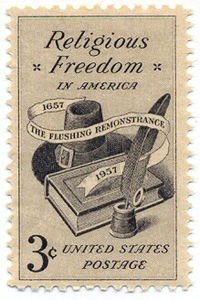I have been pondering a Rasmussen survey taken just prior to Gov. Brewer’s vetoing of the notorious SB 1062. It shows Americans opposing the bill by a margin of 66 percent to 20 percent (with 14 percent undecided) while at the same time strongly supporting “a private photographer’s right to not photograph a same-sex wedding for religious reasons.”
Since the legislation was designed precisely to let a private photographer use religious reasons to justify a refusal to photograph a same-sex wedding, what gives?
I’ve decided that those surveyed had come to understand the legislation as facilitating discrimination, which it did; and they didn’t want that. But as per Brewer’s post-veto public statement, they embraced religious liberty as a core value as well, and so they also thought a photographer should be able to turn down the job of taking pictures at a same-sex wedding. In other words, they wanted to have their cake and eat it too.
They can’t. Real life is not a survey, and in real life core values sometimes conflict.
To be sure, Gov. Brewer rationalized her veto by claiming that no conflict existed because religious liberty was not really at stake.
Senate Bill 1062 does not address a specific and present concern related to religious liberty in Arizona. I have not heard of one example in Arizona where a business owner’s religious liberty has been violated.
Public understanding would have been better served had she acknowledged that there are indeed Arizonans who, on religious grounds, want to be able to refuse to abide by those city ordinances that prohibit discrimination on the basis of sexual orientation. She should then have gone on to say that, nevertheless, when it comes to business transactions, non-discrimination is a compelling public interest that needs to prevail over a religiously based desire to withhold goods and services.
She could then have pointed out that there are other circumstances, such as when a church hires employees, where the resolution ought to be in favor of religious liberty. And said in conclusion that we need to be honest and admit that even in the best of societies, such as the great state of Arizona, there will be times when one core value has to be sacrificed for the sake of another.






